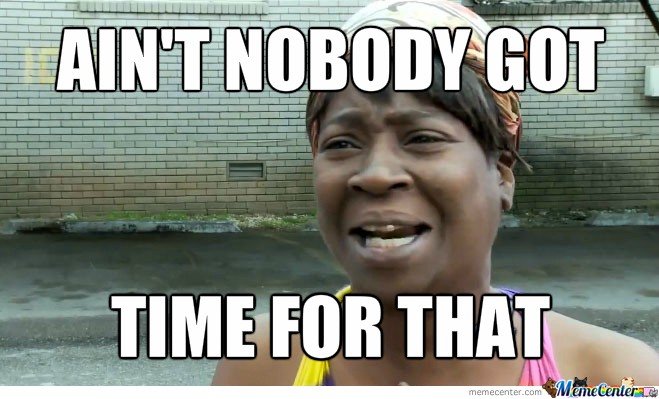Give up on your (other) dreams: 5 ways to focus on your project
Let’s say you’re working on a creative project, like a board game. You have big ambitions for it, but you also have other interests and a full time job.
I enjoy making art and writing fiction. But focusing on multiple hobbies usually means making progress on none of them. In fact, I got so burnt out I had to take a few months off of Inventures to recover!
After struggling to figure out how to actually make progress on my game, I came up with 5 strategies I follow.
1. Pick a ‘main project’. Delegate other projects as ‘venting hobbies’.
A little piece of art I made in about an hour, as a ‘venting hobby’
If you have other passions, pick only one as your ‘main project’. That’s the project you’re going to pour your productive energy into: set goals, have a vision of what you’ll accomplish. The other projects become ‘venting hobbies’. You’ll still do them, but only as one-off, smaller projects, without time-boxed goals. For example, I still write and make art, but my art projects are smaller and I’m writing only poems for now.
A great resource to learn more here is the philosophy of essentialism.
2. Make your main project ‘spirit sustainable’
To focus on one ‘main hobby’ continuously, you have to figure out what you enjoy about your other hobbies, and how to get some of that joy from your ‘main project’. For example, the book I’d been working on is about climate change. I felt a sense of deep, inner purpose while working on it. When turning my creative focus to Inventures, I paused working on my book. I had to clarify what sense of purpose I got from Inventures.
There’s a movie review I reference often, about Monsters University, the Pixar movie. The review stated that, unless most other Pixar films, the movie provided no explanation as to why it needed to be made. For your project to be spiritually sustainable, for you to know it’s worth working on, take a moment to decide why your project matters.
3. Organize and schedule your ‘main project’ to reduce self-management stress
The idea of setting goals and holding ourselves accountable for something that isn’t strictly ‘work’ can seem like a source of stress. But if you invert the logic, it’s almost even more true: setting goals, creating order, and building a schedule actually frees you from the need to constantly check in with yourself on ‘am I making progress’.
Find project templates to help divide the phases of your project. You don’t need to stress out so much about if your structure is perfect.
The most important thing is that it’s reasonable. In fact, the very first thing you should do when you decide to turn a hobby into your ‘main project’ is to look for resources on how to schedule and divide that project into phases. How much work might it take? Over how long?
4. Create a vision of what success means to help you steer and push your project
“The prospect of success is much scarier than the prospect of failure.“
A vision of success helps you set outcome-oriented goals rather than progress-oriented goals. For example: ‘Is the work I’m doing contributing to making a game people will actually love to play? Or am I just making a change based on something I think people will like?’
For reference, here’s my vision of success for Inventures:
“Inventures will be a spectacular board game that appeals to casual board gamers and RPG players alike. Everyone who backs the game will get it quickly. Backers will love playing the game and creating stories and adventures together, and they’ll be excited to introduce it to and play with their friends.”
5. Find your cheerleaders and celebrate the milestones!
Working on a big project is daunting. Nobody can push or steer it but you (or your partners in team projects). See: board games are balloons.
Finding people who can celebrate the bravery and risks you’re undertaking will help you complete your project.
Set organic milestones along the way, and get your cheerleaders together and celebrate with them!
Milestones should be set a few months apart. Having a party to look forward to is a great way to help you scaffold your own motivation.






